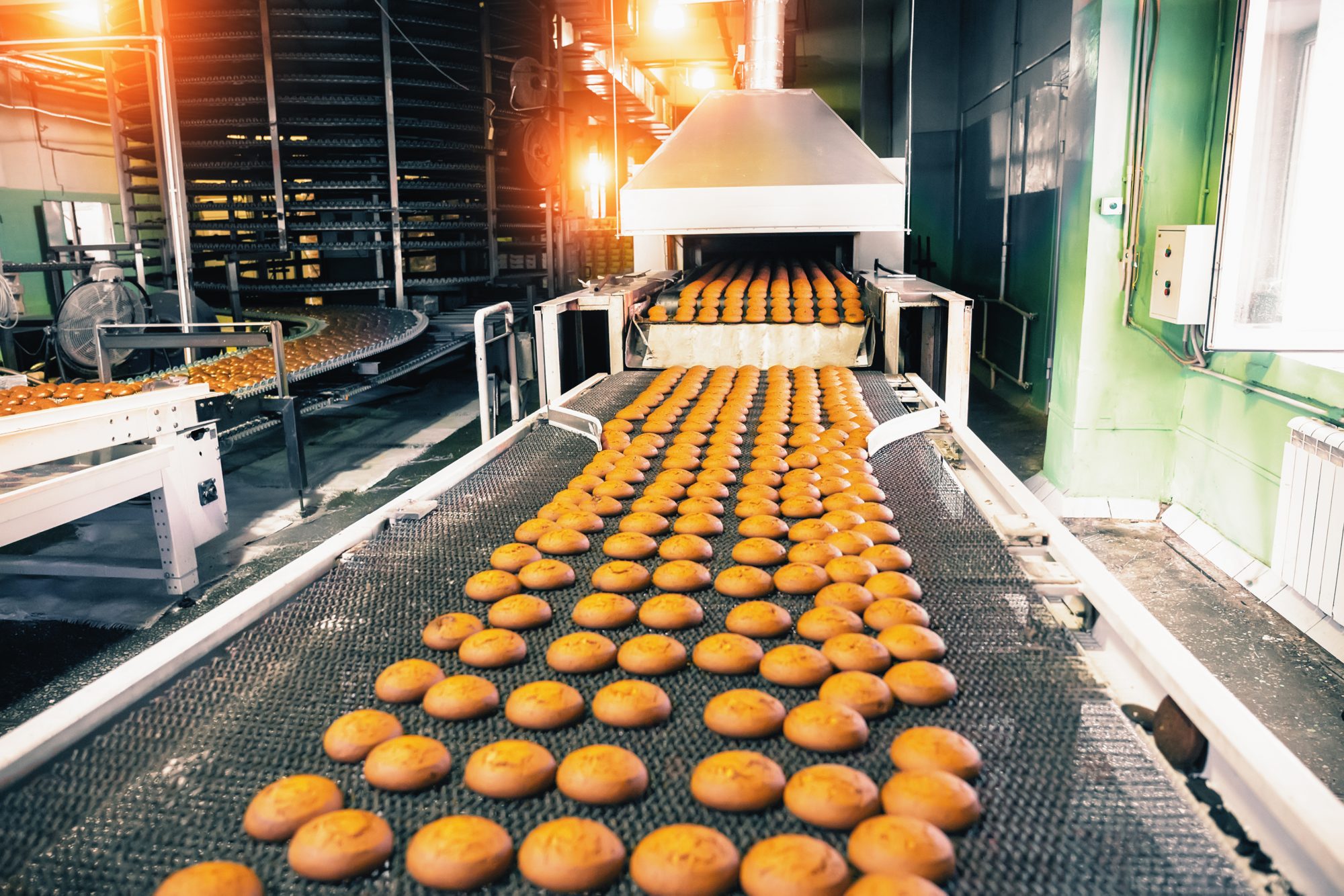Guy Tullberg, Managing Director of The Tracklement Company, explains why a strong supply chain is vital to meeting rising consumer demand and keeping the UK’s food manufacturing sector in business
With the war in Ukraine still raging and inflation biting into household budgets as families grapple with the cost of living, the demands on the Exchequer and our new Prime Minister have never been so great.
This, of course, is likely to have massive implications for the UK food manufacturing and drink industry as the ongoing chaos in government has already delayed any progress on the National Food Strategy, environmental initiatives and aid for millions of families facing food poverty – all of which is unlikely to be readdressed any time soon.
Why is the UK food manufacturing industry at risk?
But, of course, the issues facing UK food manufacturing are far wider than this. As an established B Corp British manufacturer of over 50 premium artisan condiments, I know first-hand about the current crisis in getting the multiple parts for our products into the UK: for example, glass jars and cardboard (now that they are no longer manufactured here) as well as certain food ingredients.
Increased bureaucracy now means that continental delivery companies are refusing to deliver to the UK which has resulted in tying up capital and limiting investment by forcing businesses to stockpile required parts. In fact, last Christmas, we couldn’t receive deliveries from the continent due to the widespread fear amongst drivers that the queues at ports would prevent them from getting home for Christmas. With the busiest shopping period of the year about to get underway and a shortfall of around 90,000 lorry drivers in the UK, there is little optimism that things will be any different this year.
Another issue facing UK food manufacturing is staffing – some of which is attributed to the tightening of migration rules which, of course, limits access to staff skilled in manufacturing. Soaring costs, both in labour and energy, ultimately means that this price increase is passed onto the customer – especially difficult at a time when new data from the Office for National Statistics show almost half of UK adults are finding it difficult to afford their energy bills, rent, or mortgage payments.
Yet for those manufacturers who don’t pass on these increases to the end consumer, they are further penalised as they don’t have the ability to invest for the future, or possibly survive. There is also the hidden danger that when cost of component prices are rising, manufacturers can’t pass on any increase to the customer quickly enough and are left with a potentially loss-making margin gap.
The reason why all of these factors are so critical is that instead of investing in machinery and the future of our businesses, manufacturers like us have had to invest in getting ingredients to the UK and incur unplanned costs just to store them. The net result is that we’re having to manage a 45% increase in stock holding which simply ties up any cash reserves and would be better spent invested in growth and cash for the Chancellor’s depleted coffers.
What must government do to rescue the UK food manufacturing industry?
So, without doubt the message to the new Cabinet is clear. We now need a free trade agreement with Europe along with single market access and frictionless trade. We don’t need Number 10 to intervene in funding but instead provide the stability for businesses to borrow and invest. Stability allows manufacturing businesses to make longer-term investment decisions which, ultimately will lead us back to growth. Without a free trade agreement, logistics will continue to be a challenge for the supply chain resulting in needlessly increasing costs.
We now need a free trade agreement with Europe along with single market access and frictionless trade
Furthermore, a move back to free movement of labour within the European zone will help ease staffing shortages which, incidentally, are also adversely affecting customers – all of which has a knock-on effect on overall demand.
As a sector bigger than the automotive and aerospace industries combined, employing 4 million people and generating around £121 billion annually, the UK’s SME’s have a golden opportunity to expand into new markets here in Britain and around the world. Yet for this to succeed and to overcome the economic consequences of Brexit and the many challenges such as pressure on margins, sustainability and the imperative to invest in innovation and technology, we urgently call on the Government for closer collaboration and to work in partnership with the sector to deliver short term economic recovery and long-term sustainable growth.
Written by Guy Tullberg, Managing Director of The Tracklement Company











